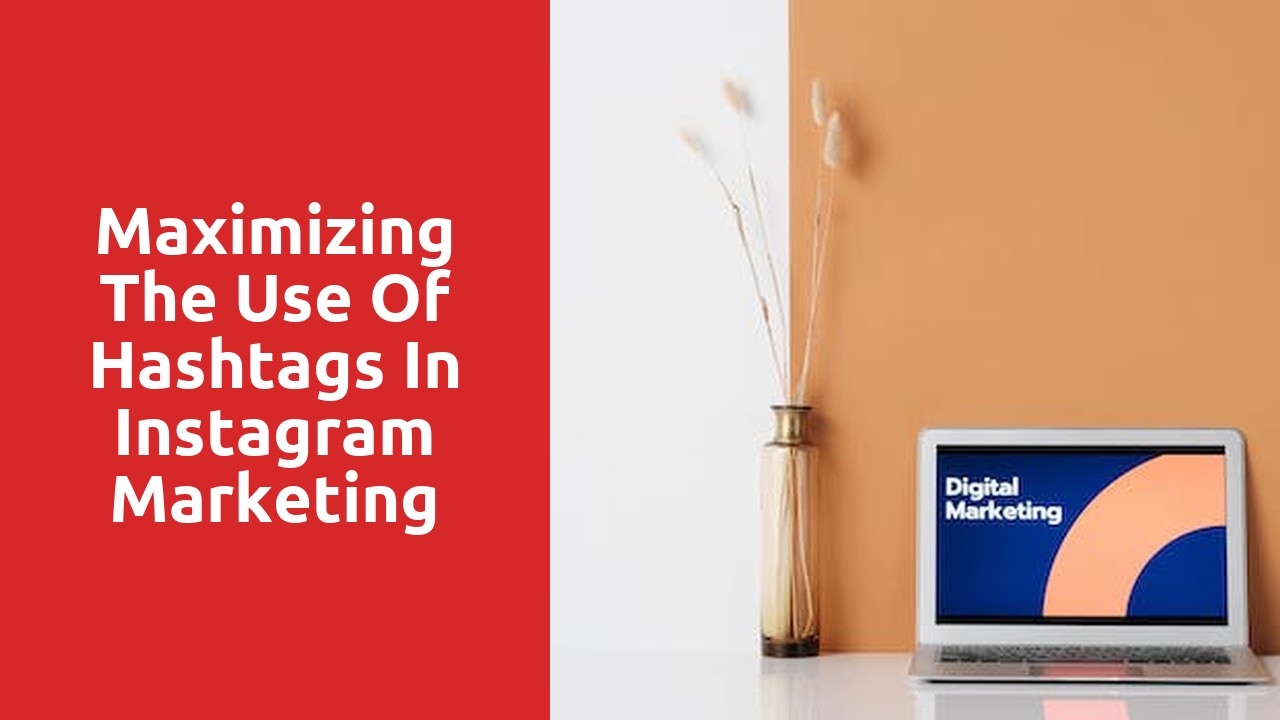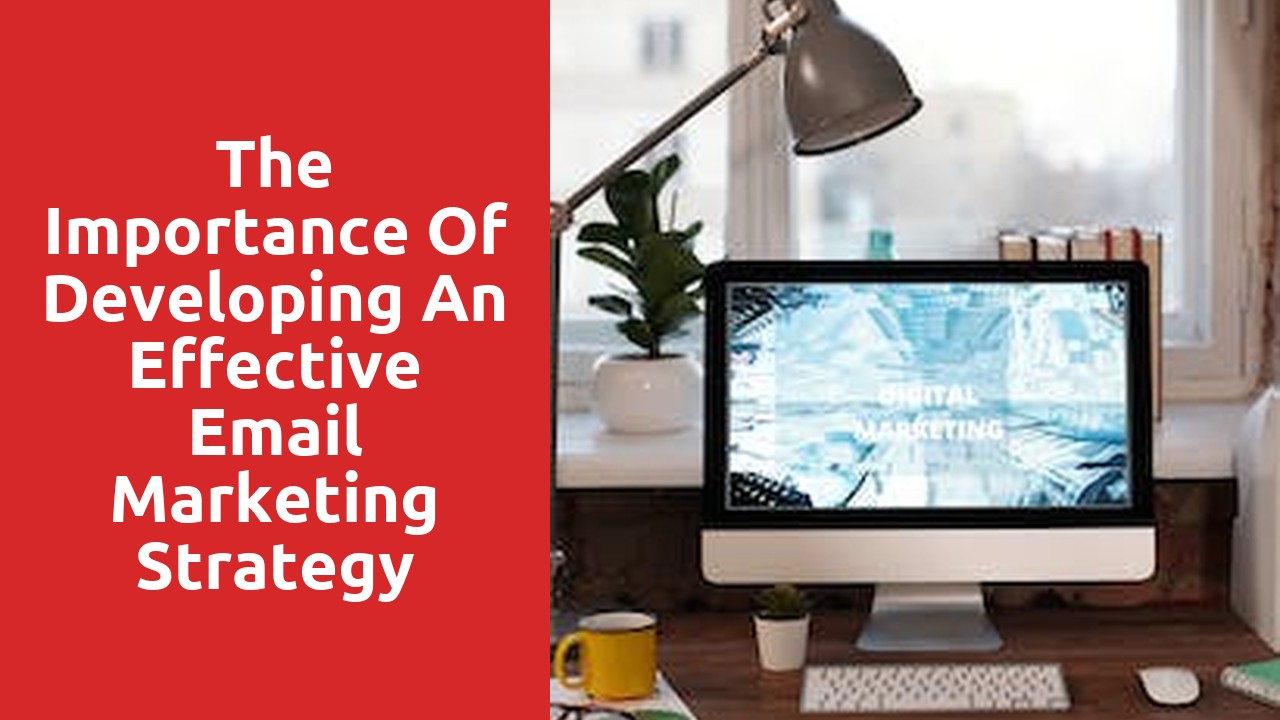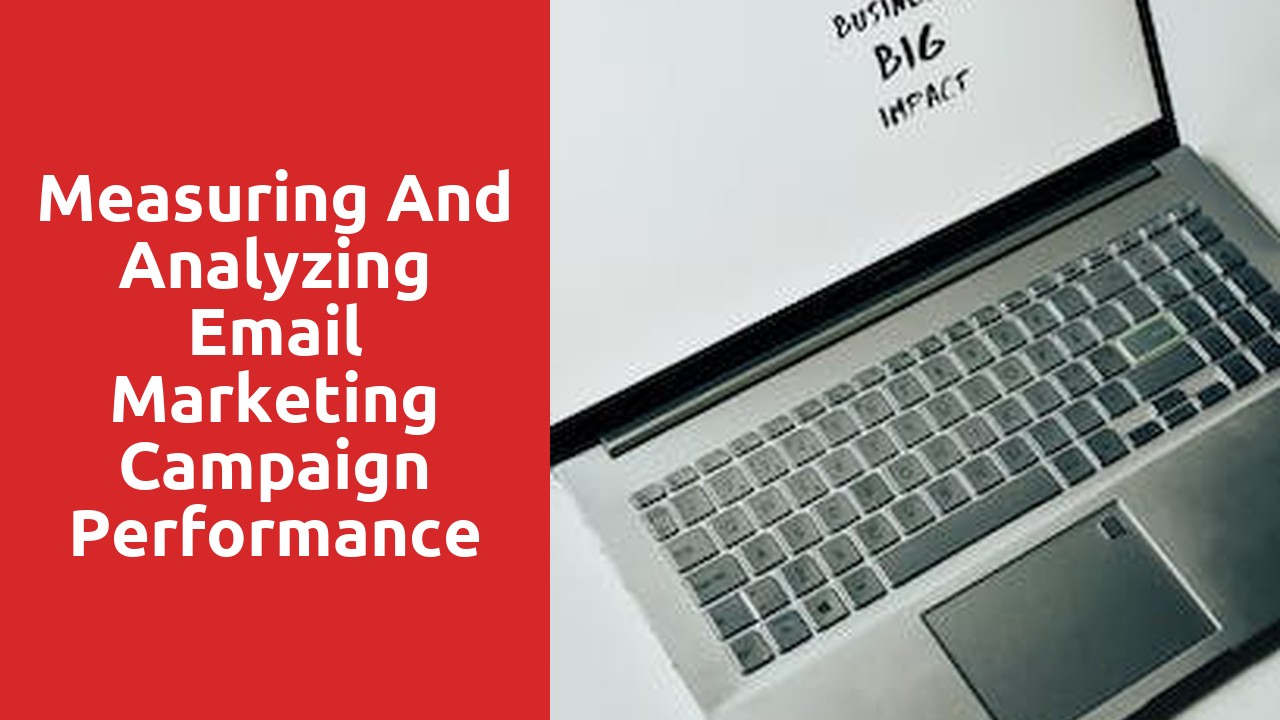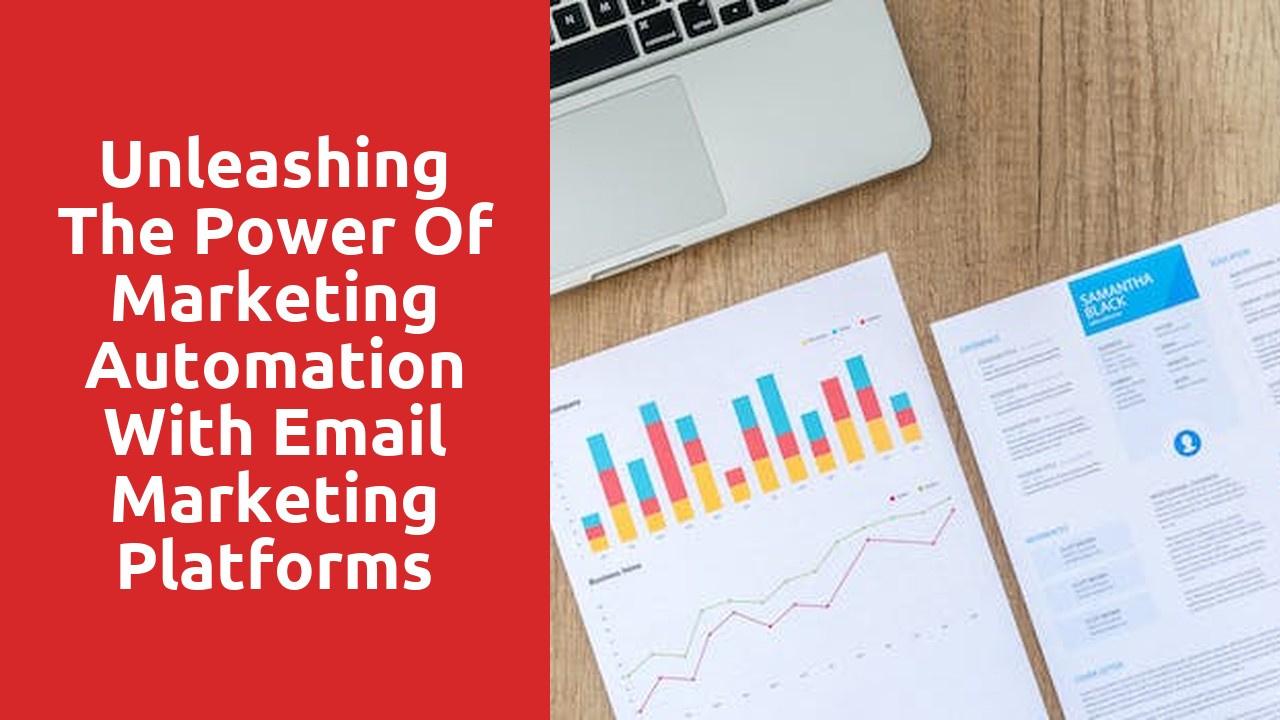Why Email Marketing Is Crucial for Business Growth
In today’s digital age, where technology and communication channels are constantly evolving, email marketing remains a crucial tool for business growth. Unlike social media platforms or search engine optimization, email allows businesses to directly connect with their target audience in a personalized and meaningful way. With the ability to segment email lists based on demographics, interests, and purchasing behaviors, companies can tailor their messages to specific customer groups, increasing the chances of engagement and conversion.
Email marketing also offers a high return on investment (ROI), making it an attractive option for businesses of all sizes. According to recent statistics, the average ROI for email marketing is $42 for every dollar spent. This impressive figure can be attributed to the cost-effectiveness and efficiency of email campaigns. With minimal production and distribution expenses, companies can reach a large number of subscribers, effectively boosting brand awareness and generating valuable leads. By regularly sending engaging and informative content to their subscribers, businesses can build trust and credibility, ultimately leading to increased sales and revenue.
Understanding the Impact of Email Marketing on Customer Engagement
Email marketing has become an essential tool for businesses in today’s digital age. It offers a direct and effective way to reach customers, build relationships, and drive engagement. A well-crafted email campaign can have a significant impact on customer engagement, resulting in increased brand awareness, customer loyalty, and ultimately, sales.
One of the key benefits of email marketing is its ability to personalize messages and target specific customer segments. By gathering data on customer preferences, interests, and purchase history, businesses can create tailored emails that resonate with individual customers. This level of personalization not only grabs the attention of recipients but also makes them feel valued and understood. As a result, customers are more likely to engage with the content of the email, click through to the website, and potentially make a purchase.
Key Elements of an Effective Email Marketing Strategy
Email marketing continues to be a powerful tool for businesses to connect with their audience and drive sales. However, in order for email marketing campaigns to be effective, there are key elements that need to be considered and implemented.
First and foremost, a clearly defined target audience is essential. Before sending out any email, it is crucial to understand who the recipients are and what their needs and preferences are. This will allow businesses to tailor their message and ensure that it resonates with the intended audience. By segmenting the contact list and creating personalized content, businesses can increase open rates and click-through rates, resulting in better engagement and conversions. Additionally, regularly updating and cleaning the contact list to remove inactive subscribers will help maintain a higher level of deliverability and engagement.
How to Build a Targeted Email List for Better Results
Building a targeted email list is an essential strategy for businesses looking to improve their marketing results. By creating a list of engaged and interested subscribers, you can significantly increase the effectiveness of your email campaigns. But how do you go about building such a list?
Firstly, it’s crucial to understand your target audience. Identify who your ideal customers are and what interests them. This will help you craft compelling content that resonates with them and encourages them to join your email list. Secondly, provide valuable incentives for people to sign up. Offer exclusive discounts, free resources, or informative newsletters to entice potential subscribers. Creating a sense of exclusivity and value will make people more likely to share their email address with you. By following these steps, you’ll be on your way to building a targeted email list that drives better results for your business.
Crafting Compelling Email Content to Drive Conversions
One of the most important factors in driving conversions through email marketing is creating compelling email content. It is not enough to simply send out generic, bland emails and expect your audience to take action. Your email content needs to grab their attention, spark their interest, and compel them to click through to your website or make a purchase.
To craft compelling email content, it is crucial to understand your target audience and tailor your messaging to their needs and preferences. By conducting market research and gathering data on your audience’s demographics, interests, and purchase behaviors, you can create highly targeted and personalized email content that resonates with them. This could include using their name in the subject line or opening greeting, referencing their past purchases or browsing history, and highlighting products or services that align with their specific interests or needs. Additionally, incorporating storytelling techniques and emotional appeals can also help to make your email content more engaging and persuasive.
The Power of Personalization in Email Marketing
One of the key strategies for successful email marketing is personalization. Gone are the days of generic, mass emails that end up in the spam folder. Consumers now expect personalized content that speaks directly to their interests and needs. When emails are tailored to individual recipients, it shows that the company values their preferences and is willing to go the extra mile to deliver relevant and engaging content.
Personalization in email marketing goes beyond just addressing recipients by their first name. It involves analyzing customer data and behavior to create targeted messages that resonate with each individual. By segmenting your email list based on demographics, purchasing history, or engagement levels, you can ensure that your emails are more meaningful and impactful. This not only increases the likelihood of them being opened and read but also improves customer satisfaction and loyalty. In fact, studies have shown that personalized emails have higher open and click-through rates compared to generic ones.














